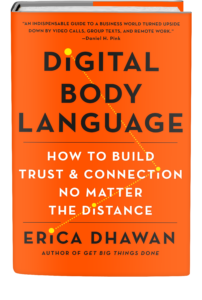On September 23, 2011, a Youtube video went up titled “Wall Street Mocks Protesters By Drinking Champagne 2011.” In fact this was not a group of Wall Street bankers mocking protestors, this video included someone I know from my time at Lehman Brothers. I learned it was a wedding engagement party hosted at an Italian restaurant. It had nothing to do with the protests.
Needless to say, I was quite perturbed about the mixed social media about the movement. I had also been influenced by my grad school island and reading the ‘rant’ rages in the Wall Street Journal and NYTimes. I remained disgrunted about the situation for a week or so.
As the protests continued, I realized I had a choice: I could continue to complain about Occupy Wall St like some of my MBA classmates and banker friends or participate and shape it in way I believed in it. I felt straddled in between my two worlds as an ex-investment banker and as a social activist. So I chose to participate.
I went to OccupyBoston last weekend and Occupy Wall St in NYC this weekend. This time, in NYC, I didn’t come alone. I brought 2 friends with me. There were two male Wall Street bankers, one who had worked for Goldman Sachs and another who worked for Bear Stearns. Originally, they were both cynical of the protests after seeing the youtube videos and reading the rant rages in the news. I asked them to join me to have an informed dialogue with the protestors and stop relying on media news that confused us all. We used a conversation tool designed by the Presencing Institute to engage around the root causes of the economic crisis and the emergence of this movement. The thing that struck me most is that these two communities had so much more to learn from eachother than to antagonize eachother. After the dialogue, my Wall St friends told me that they realized that this was more about a leadership problem in banking and government institutions than the ‘news rants’ or youtube videos they saw online. It made us all think hard about what should be done.
I for one am thrilled and excited to see the Occupy Wall St movement take shape. As a former Lehman banker and women’s right activist, I have been both inside Wall St buildings and outside in protests on Washington, DC.
This movement is part of a global trend. There is something really important that is happening, the voice of young and old people coming together in solidarity and wanting to participate in the solution. Just because the movement is not ‘well articulated’ yet does not mean it won’t be very soon.
From a leadership perspective, I wonder how we can make this movement more cross sector, engaging more people in the banking industry to have conversations with protestors. Occupy Wall St is engaging and sparking new conversations (see OccupyCafe), but what we also need is more cross-institutional dialogue to collectively respond to the systemic root issues that underlie the current landscape of this crisis.

